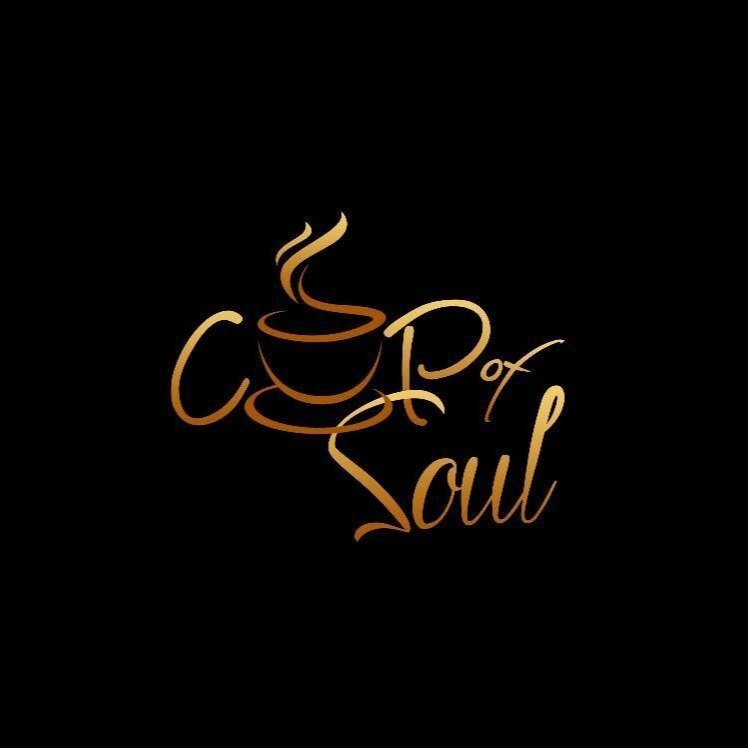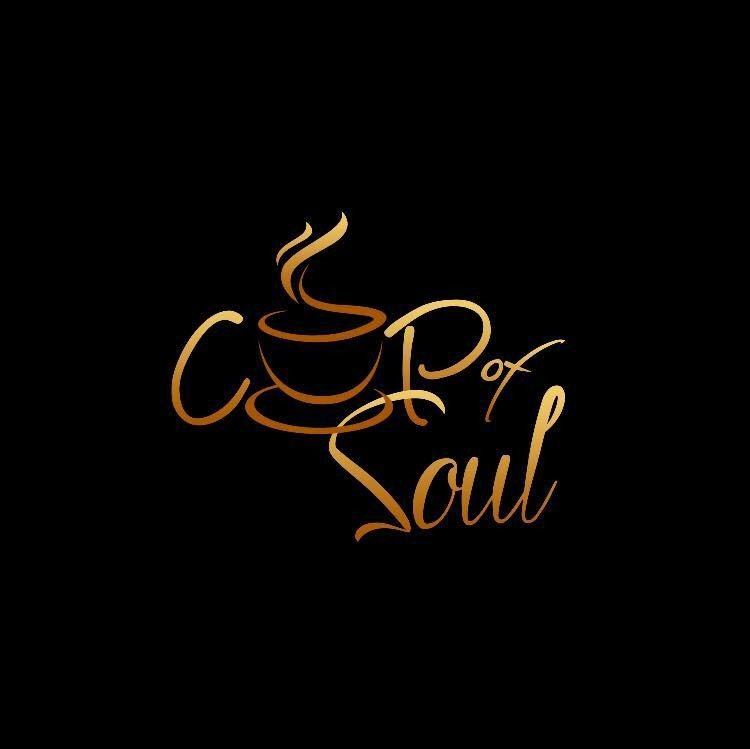On this Mother’s Day with Love
IN OUR MOTHERS' GARDENS
by Kathia Woods
There is not stronger bond than between mother and daughter. It’s also one of the most complicated relationships to navigate. As women other than our mother it’s our grandmothers that help mold us. In many ways our Grandmothers are the ones that have taken on the biggest burden to help propel the women in our families to greatness. These are some of the themes discussed In Our Mothers’ Garden.
Directed and written by Shantrelle Lewis. She uses introspective interviews with daughters who share memories of their mothers as well as grandmothers. These interviews help to set the tone and provide insight into how these women were shaped. Amongst the interviewees are Tarana Burke (Me Too Founder), Tina Farris, (tour manager for The Roots and Dave Chappelle), Rutgers professor and author Dr. Brittney Cooper, and “Glowmaven” and women’s health advocate Latham Thomas etc.
We learn how the role of women became more important during enslavement and how this influenced many people during the Jim Crowe era. Black women had to find numerous ways to feed and defend their families, often with few options available to them.
One always asks why did so many Black people stay down south during Jim Crowe. The answer is Roots and community. Despite Racial terror many felt a connection to the ancestors. It’s also about remaining close to family. As the women recount, it was not only their grandmothers who helped strengthen their bonds, but also their aunties and cousins who lived nearby.
Another important takeaway from this documentary is how many women used their education to propel themselves forward. Black women are among the most educated people on the planet. Recognizing that education provided opportunities and financial advancement. They were always looking for ways to improve themselves. There are also lessons learned from elders that cannot be taught in school such as cooking. It is in these recipes that we find our connection to our forefathers.
It is also important to note that Black Women are frequently the caregivers in our community, implying that we put ourselves last. This is not good, and it was encouraging to see younger generations recognize the importance of taking time for oneself.
It's also commendable that Shantrelle didn't gloss over the trauma that many Black women face. Religion has been viewed as such a panacea for all ills that we have only recently begun to seek therapy and discuss these traumas within our families.
Faith is important in the lives of Black women, but this documentary demonstrates the versatility of examining this faith. One thing that cannot be overlooked is the pride that all the women have in their Blackness. Not one of them aspires to be a woman in the eyes of white society.
The styling of each woman as she discussed her ties to her elder is another beautiful aspect of this film. Nowhere is the vibrancy of black women more visible than in our fashion and hair. One woman mentions how her grandmother always made sure to put on lipstick, which reminds me of my grandmother. It's lovely to see mature, strong women express themselves through their hairstyles, jewelry, and clothing.
The most important thing this film teaches us is that it is okay to have different desires than our mothers and grandmothers. We are not failures because we chose not to have children or marry, but it is their example that gave us the freedom to make those decisions.


